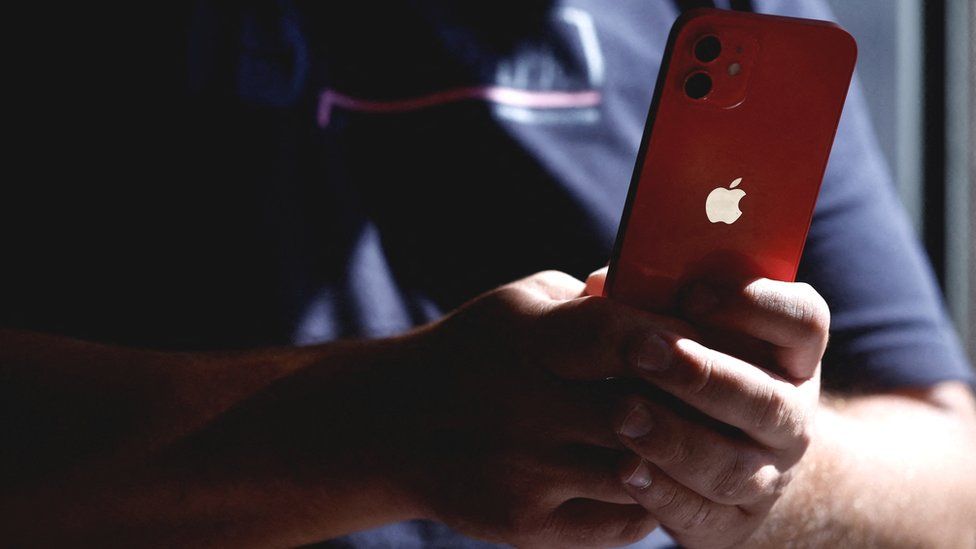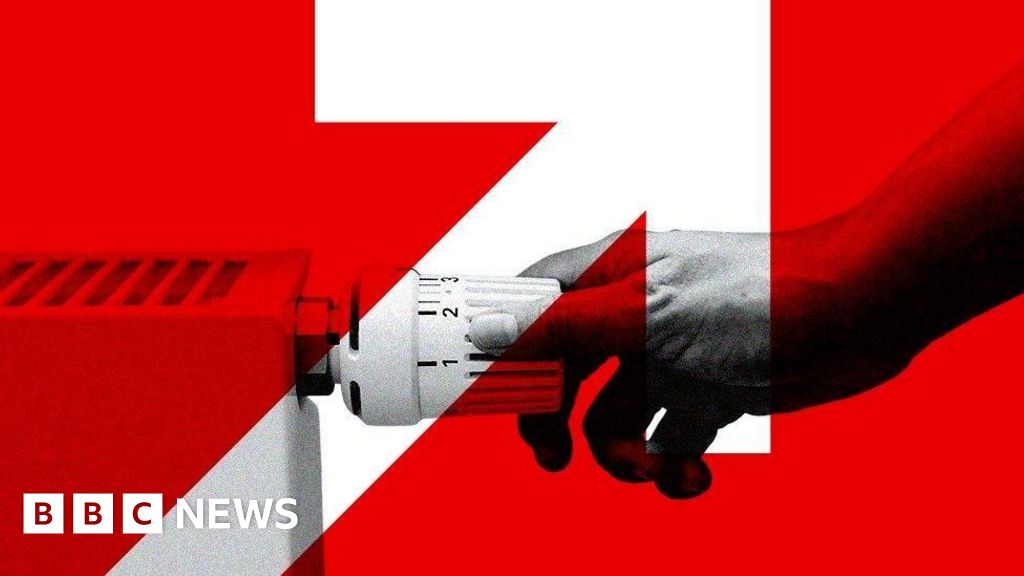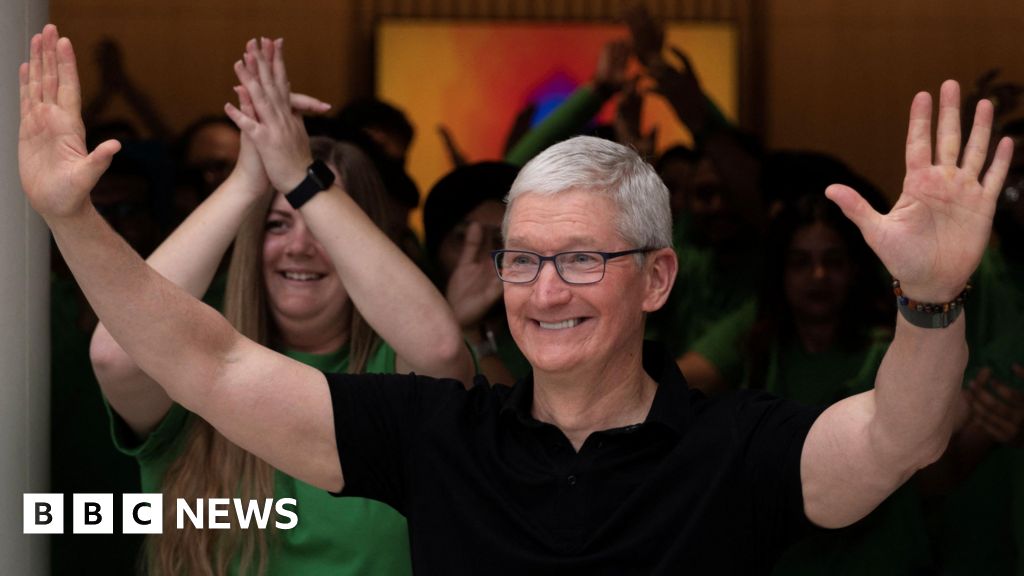ARTICLE AD BOX
 Image source, Reuters
Image source, Reuters
France's decision to stop iPhone 12 sales has raised the prospect that other EU countries will follow suit
Several European countries say they will examine concerns the iPhone 12 is emitting too much electromagnetic radiation, after France ordered Apple to stop sales.
Belgium, the Netherlands and Germany are now also looking into the issue.
France's regulator has given the tech giant two weeks to respond to its probe, which German authorities say could lead to Europe-wide measures.
Apple said it had provided proof it was complying with radiation regulations.
France's National Frequencies Agency (ANFR) said on Tuesday that radiation tests on the iPhone 12 had come back higher than allowed.
The halt on French sales "could have a snowball effect", French digital economy minister Jean-Noël Barrot told the Le Parisien newspaper. The ANFR will now share its findings with regulators in other EU member states.
The Belgian government has instructed its regulator to review whether the iPhone 12, first released in 2020, poses health risks.
"It is my responsibility to react and ensure that all citizens of the kingdom are safe and protected from any potential danger. Health is an issue that should never be neglected," said Belgian state secretary for digitalisation Mathieu Michel.
He told Le Soir he had asked the regulator to examine all Apple models, followed by other brands.
The Dutch digital infrastructure agency (RDI) said that based on the French tests there was no doubt radiation levels had been exceeded. The RDI said it would contact Apple but added there was "no acute safety risk".
Germany's BNetzA network agency told the BBC the French investigation could lead to measures that would apply to all EU members states.
The UK has not announced any action following the French ban.
Apple said it was contesting the French findings, adding that it had provided the ANFR with lab results from the tech giant itself and third parties, which it said showed the device was compliant with regulations.
France's digital economy minister said he expected Apple to be able to fix the issue via a software update.
If that approach was unsuccessful, Apple would have to recall every iPhone 12 sold in France, the ANFR said.
The regulator looks at two radiation tests: the first measures a phone in close contact with a person's body, such as when it is held or placed in a trouser pocket; the second test is done at a slightly larger distance, simulating a phone in a jacket pocket or a bag.
The iPhone 12 passed the second test but exceeded the levels set in EU regulations for the first, the ANFR said.
The watchdog said it would check Apple stores and other distributors to make sure they had stopped selling the model.
Smartphones have been pulled from shops in France because of radiation tests before, but this is the first time an iPhone was affected.
The World Health Organization says a large number of studies have been performed over the years to assess possible health risks from mobile phones.
"To date, no adverse health effects have been established as being caused by mobile phone use," it says on its website.

 1 year ago
31
1 year ago
31








 English (US) ·
English (US) ·